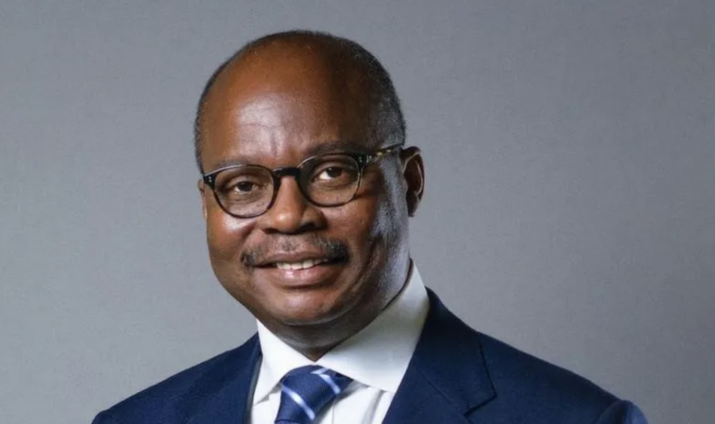The Governor of the Bank of Ghana (BoG) Dr. Ernest Addison has disclosed that he inherited a challenging banking sector that had the International Monetary Fund (IMF) already recommending strict reforms, including the revocation of the banking licenses of UT Bank and Capital Bank.
The banking licences of the two banks were revoked in August 2017, the same year Dr. Addison assumed office at the central bank.
Speaking at this year’s Governor’s Day dinner organised by the Chartered Institute of Bankers, Dr. Addison said the Bank of Ghana was faced with no option but to take tough measures in revoking the licenses of the banks to protect the financial sector.
“There are a few requirements which the IMF calls the prior actions, you have to do this, you have to do that otherwise they are not even going to organize a board meeting to discuss Ghana and disburse any funds to you”.
He stated that such requirements compelled the Bank of Ghana to undertake the reforms.
“This was one of the prior actions to dissolve UT and Capital Bank. Ghanaians had never seen that in a long period of time. People were shocked when the licences of those two banks were pulled”.
According to Dr. Addison, the measures taken to clean up the financial sector strengthened the banks to withstand external shocks associated with the COVID 19 and the Russian Ukraine war.
Background
In 2017, Dr. Addison blamed the lack of good corporate governance for the collapse of UT and Capital bank.
Speaking at a breakfast meeting at the Banking College, Dr. Addison said good corporate governance is not only essential to minimizing risk but it is also fundamental to improving economic performance.
He said, “Corporate governance plays an important role in promoting a sound financial system, contributing significantly to improving overall performance not only in profits but in credibility.”
Addressing the revocation of the licenses of UT and Capital Bank earlier in the year, he said “the revocation of banking licenses of UT and Capital bank due to significant capital deficiencies, also partly reflected poor corporate governance practices within these institutions.
Latest Stories
-
Dining with the Gods… Hands off the Big Chair
13 minutes -
Joy FM’s Party in the Park: A day of family fun awaits in Aburi
14 minutes -
Mahama urged to stand firm against lobbyists in appointments
23 minutes -
SEED Academy Ghana to hold elite Basketball Camp and Leadership Summit on December 26
29 minutes -
Kofi Asare criticises delays in Free SHS and WASSCE funding
33 minutes -
KNUST Medical School targets expansion of teaching facilities to accommodate more students
35 minutes -
WAFU B U-17 Girls Cup: Black Maidens duo pick up top awards in inaugral edition
46 minutes -
International Day for PWDs: Telecel Ghana Foundation trains deaf students in robotics
47 minutes -
Kasia Coal releases holiday anthem ‘Feliz Navidad’
1 hour -
American Airlines grounds all US flights on busy Christmas Eve
1 hour -
UNICEF urges Ghana to prioritise TVET investment to address youth unemployment
1 hour -
Businessman to plead guilty in NY Mayor Adams’ corruption case
1 hour -
Black Sherif stamps authority with aura as high as his shoulder pads at ‘Zaama Disco’ concert
1 hour -
Let go AFCON qualification woes and back Black Stars in World Cup qualifiers – Joseph Paintsil
1 hour -
The US town where it’s the law to own a gun
2 hours

